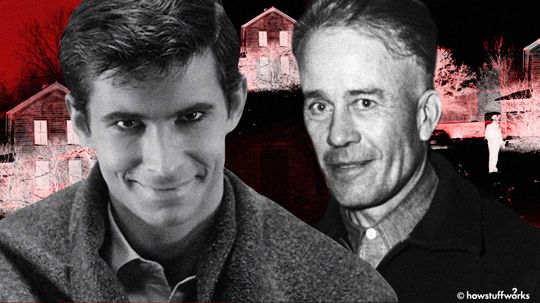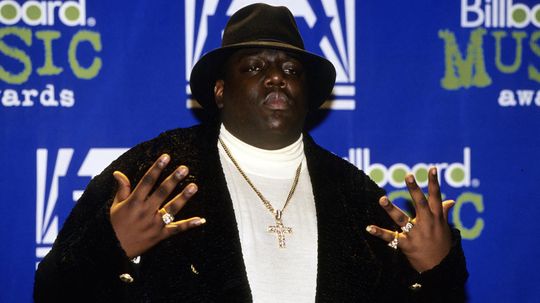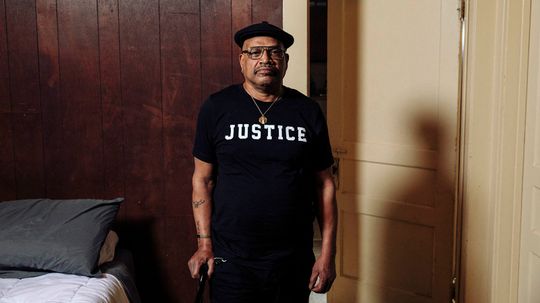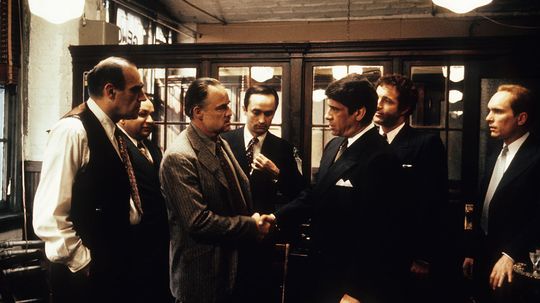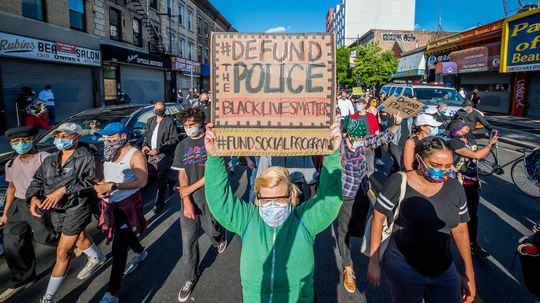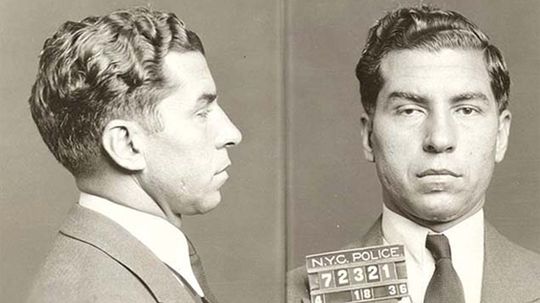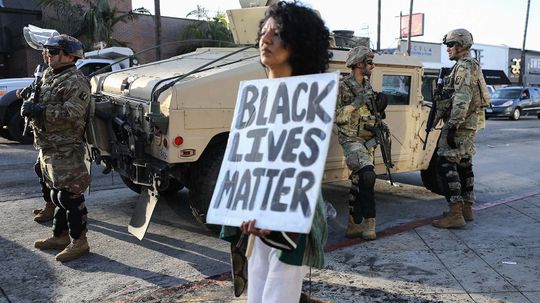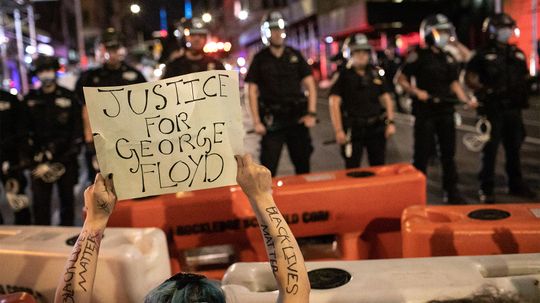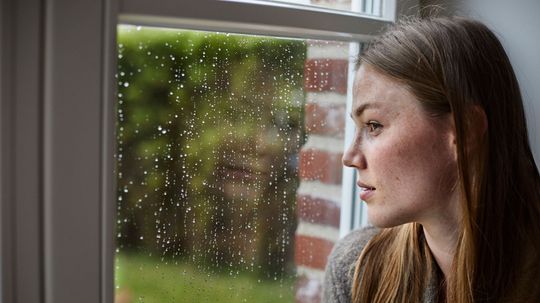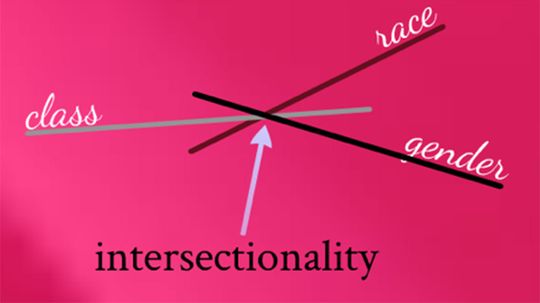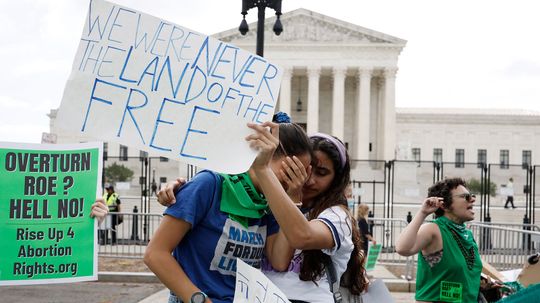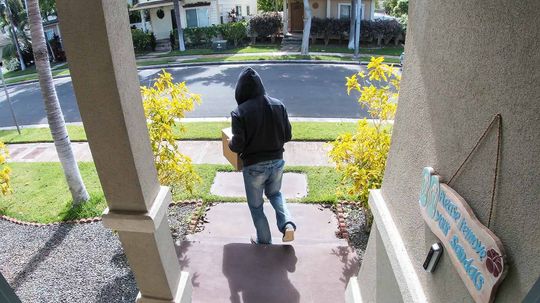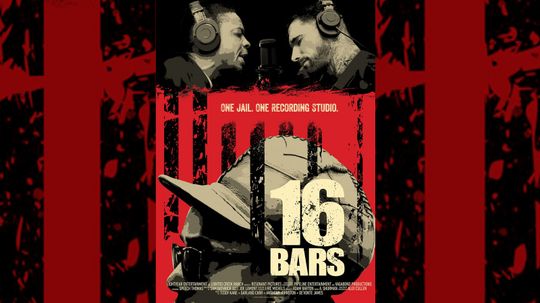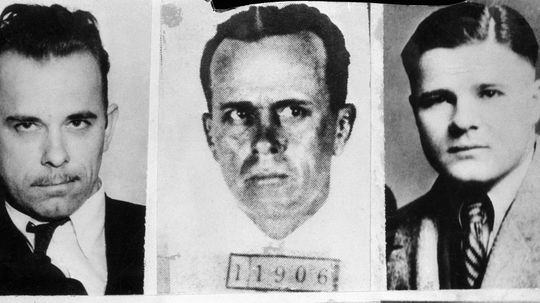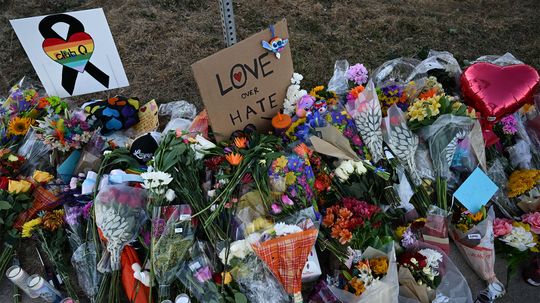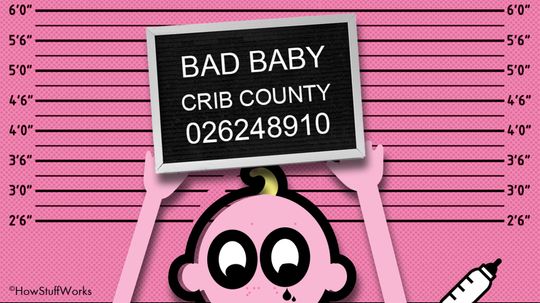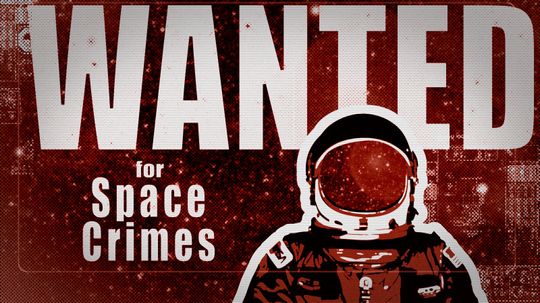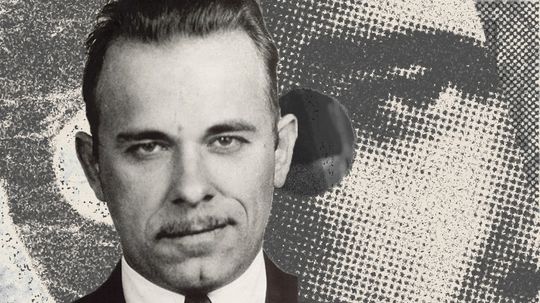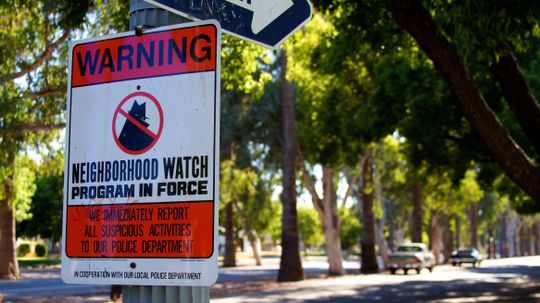Legal System
The Legal System Channel features information related to how society deals with crime, criminals and law enforcement. Learn more about how governments operate their legal systems.
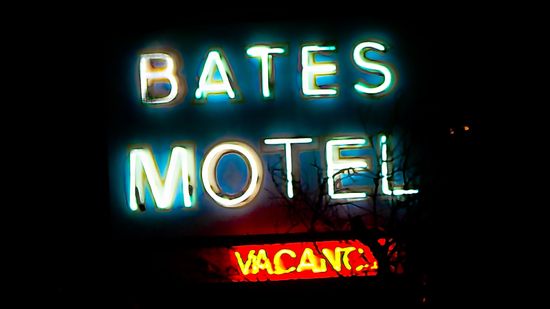
Ed Gein, Inspiration for 'Psycho,' Never Served Prison Time

10 States With the Highest Crime Rates

10 Countries With the Lowest Crime Rate, Based on Global Peace Index

10 States With the Strictest Abortion Laws After Roe v. Wade Was Overturned

What Is the Youngest Drinking Age in the World?

31 Open Carry States and 10 With 'Permissive' Open Carry

How the 2021 Astroworld Tragedy Changed the Festival Scene
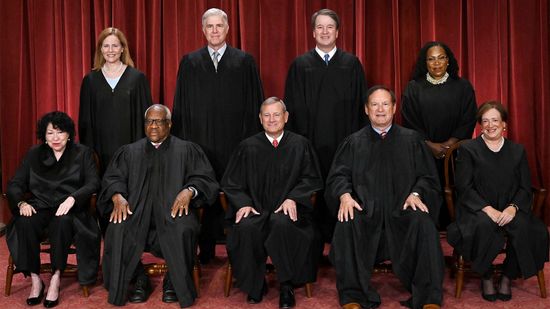
Supreme Court on the Brink of Ending Affirmative Action in College Admissions

Are Skittles 'Unfit for Human Consumption'? A Lawsuit Says Yes
Learn More / Page 3
On most U.S. shorelines, the public has had a time-honored right to "lateral" access to beaches. That sandy space, however, is being hotly contested.
Pop princess Britney Spears has been locked in a conservatorship since 2008. Hers isn't a typical conservatorship for many reasons. We'll explain.
By Sarah Gleim
Ed Gein was known as the "The Butcher of Plainfield" for killing two women in the late 1950s. But he was also the inspiration for iconic horror movie characters, including Psycho's Norman Bates and Texas Chainsaw Massacre's Leatherface.
By John Donovan
Advertisement
The Netflix documentary "This Is a Robbery" attempts to solve the 1990 Isabella Stewart Gardner Museum heist. Today, the 13 stolen pieces of artwork are worth around $500 million. Have you seen any of them?
By John Donovan
Despite how hard investigators work, some crimes just baffle even the most gifted detectives. They go cold. That's where these nine cases stand. Will they ever be solved?
By John Donovan
One day they were here and the next they simply disappeared. What happened to these 14 people? Will we ever know what happened to them or will their fates be unsolved forever?
By John Donovan
It takes a lot of legal maneuvering to free an innocent person from prison. And that takes a lot of money. That's why the Innocence Project is so critical to help free the wrongly convicted.
Advertisement
Racketeering didn't exist as a crime before 1970. So what is it and why was the Mafia instrumental in its creation?
By Dave Roos
When Barbra Streisand sued a photographer who took a photo of her house, the ensuing publicity called far more attention to the picture than it would have gotten otherwise. And that's not the only time attempted censorship has backfired.
By Dave Roos
Amid the furor over George Floyd's death while in custody, there have been increasing calls to cities to divert funding away from police departments to other means of solving social problem. But how does that work?
The gangster most known for facilitating the creation of the modern American Mafia was the head of organized crime in New York City in the 1930s. But the U.S. government asked for his help during World War II.
Advertisement
The U.S. has declared martial law in the past, but only sparingly and in dire situations. So, what would it take for the president to use it now?
Recording a video that could potentially become evidence in a criminal case can make your life very complicated. So what do you need to consider before you pull out your phone?
On the advice or orders of your elected leaders, you've been 'sheltering in place' and limiting outside activities. It's starting to feel like you're on house arrest, just without the ankle bracelet. But how similar is it really?
By Dave Roos
Intersectionality was originally a legal way to recognize that people who were members of more than one identity group deserved equal treatment. But critics have charged that intersectionality has fostered a sort of 'oppression Olympics.'
By Dave Roos
Advertisement
Some Supreme Court cases are so well-known they're often referred to by their case names, like Roe v. Wade. But what were the cases really about, and what did they decide?
By Dave Roos
The brutal Colombian drug lord was a millionaire in his 20s but died in a hail of gunfire the day after his 44th birthday.
By John Donovan
Chances are you get several packages mailed to your house. Are you worried about package theft? We've got some tips to derail porch pirates.
By Dave Roos
A new documentary by director Sam Bathrick follows rapper Todd "Speech" Thomas of Arrested Development as he works with inmates in a Virginia jail to create music and change lives.
Advertisement
They may have been hard-bitten crooks, but when John Dillinger, Arthur Barker and "Pretty Boy" Floyd were at large, ordinary citizens loved to follow their exploits. Find out what you know about these and other gangsters with our quiz.
By Mark Mancini
Red flag laws allow police to seize the firearms of a person who is viewed as a potential threat to commit a violent act, without charging them with a crime. But how often do they prevent mass killings?
There's a huge police presence in the U.S. school systems today. But has that presence allowed educators to push off their management of school misconduct to the cops?
By John Donovan
As far as we know, it has never happened, but a murder in space would most definitely create numerous jurisdictional, legal and investigative complications.
Advertisement
Eighty-seven years ago today, the FBI took down America's first true celebrity criminal and the country's Public Enemy No. 1.
By Oisin Curran
The National Neighborhood Watch Program was originally established in 1972 as a local response to neighborhood crime. How has the idea evolved over time?


